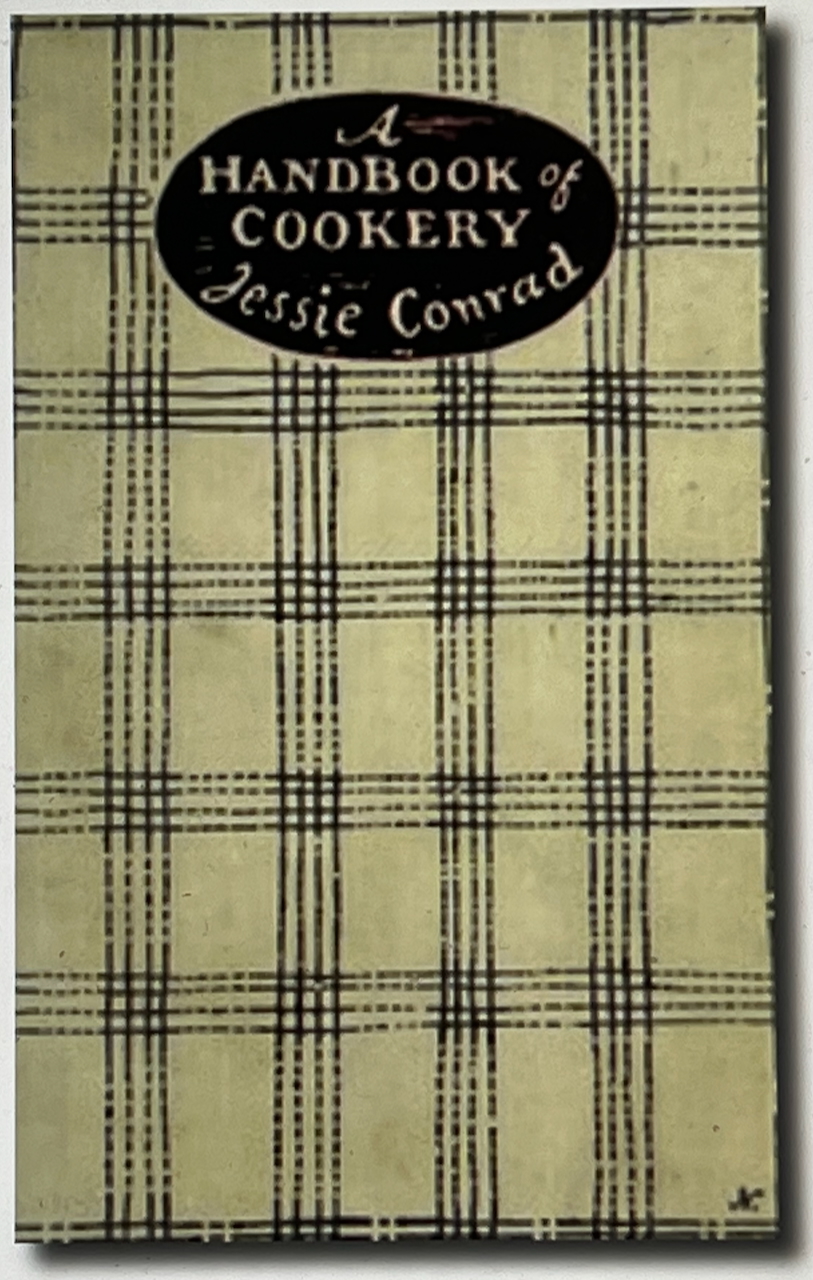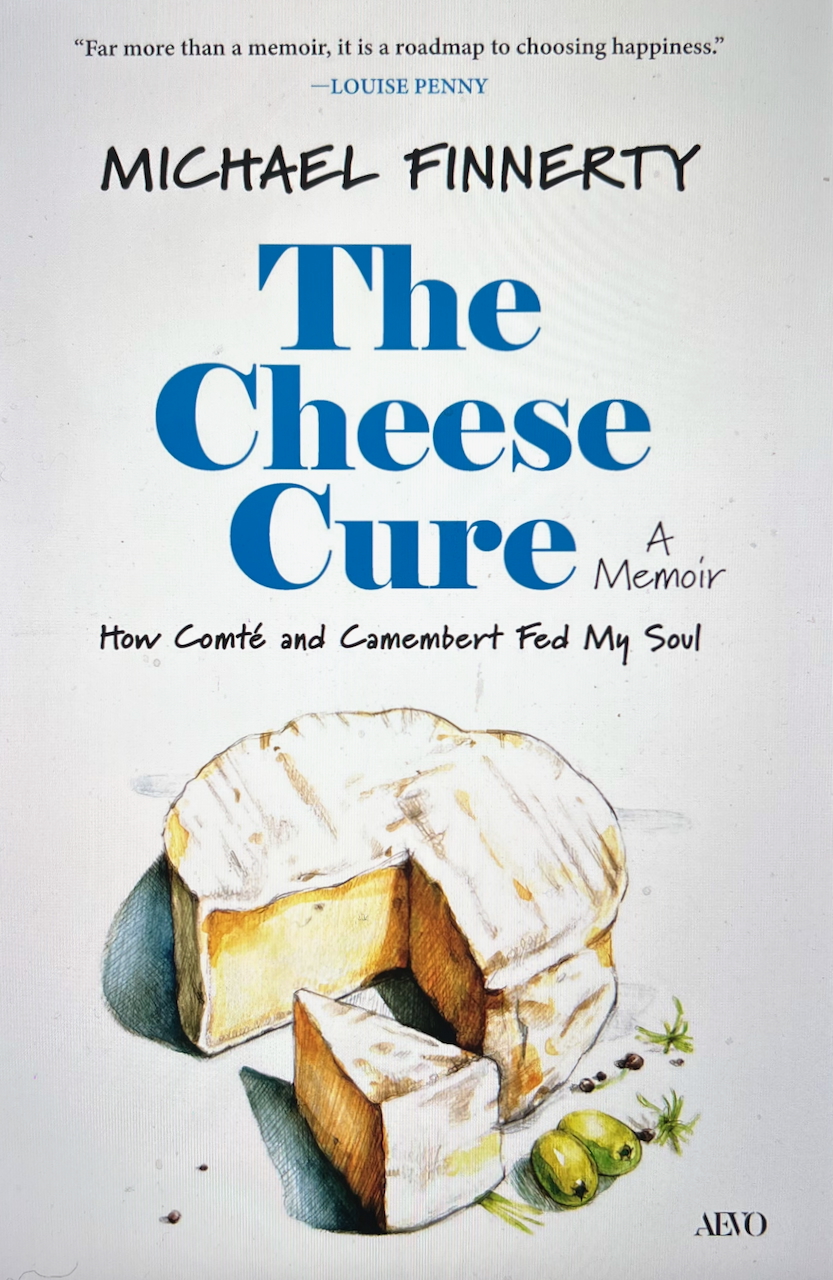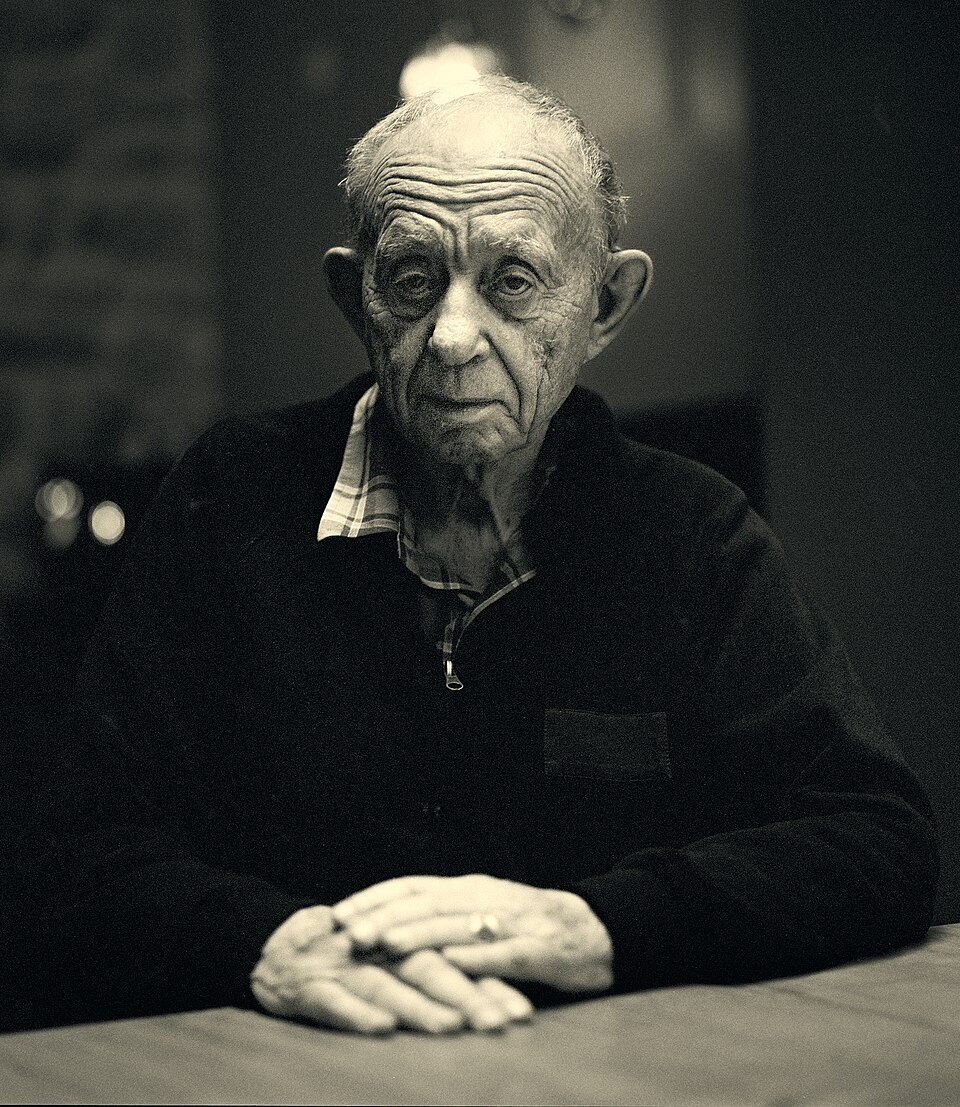Whatever the Opposite of Regret Is
November 11, 2018
Back in what was called (affectionately in the military) the Reagan-Bush years, I got out of the Army, did a bachelor’s in English and philosophy, then realized I needed a job. I had one unsolicited offer, to manage a city-park facility where I worked summers with a team of disadvantaged kids. My father-in-law-to-be thought law school was a great idea. I told him I would be 30 before I ever finished.
“You’re going to be 30 either way,” he said.
But I was still hopped-up on the idea of adventure so I looked into becoming a Coast Guard Helicopter Rescue Swimmer, which turned out to involve more of the freezing water I had left as a military diver. I applied to the FBI.
I had met some FBI agents at a job fair, I think, and was encouraged to apply. They admitted the path to becoming a Special Agent through the general application program was choked with applicants who had English and other liberal-arts degrees. They were not sanguine about my undeclared minor in physics. But there are many paths, they said, and since my overseas tour had been in Panama, and I translated for my team in the interior, where few spoke English, I should apply to be an agent by the linguist route. My advisor in the English department—a kind, gentle scholar who had looked out for generations of students—called my skills “whorehouse Spanish.” I was hurt, though that made no sense.
I knew I would have no problem with most of the application requirements. My age, education, experience, physical fitness, and previous security clearance were all a fit. The pay (now $63-81k) and locations in more than 50 offices, agencies, and attachés around the world were attractive.
I already felt like a member of an elite group when an agent unlocked a door at the base of the Dirksen Federal Building and admitted me on a weekend. We took the elevator up to maybe the ninth floor. I remember passing offices for the Secret Service, and a long bank of UNIVAC-style computers with reels of magnetic tapes spooling and unspooling the secrets of peoples’ lives. The agent put me in an interrogation room to take the tests. I got to sit at an agent’s desk. Cool.
There is no reason to delay it: I failed. The test was a series of multi-step tests in listening, reading, translating both ways, and speaking with others. The native speakers used colloquialisms from different regions and had accents I had never heard. I sat at the desk, looking dumbly at a multiple-choice worksheet. I did not really want that parks job. My future father-in-law was called “The Garden Weasel” by his own children, for an implement sold on late-night TV and for the amount of time he spent in his yard, poisoning his roses. I shifted back and forth in my rolling office chair.
Suddenly the door swung open and banged against the wall, and several armed special agents strode in. The arm of my nervous chair had poked the panic button under the agent’s desk—the one he pushed when an interrogation subject got out of control and he needed help—and set off a silent alarm.
And that was the end of my FBI career. In that era the Bureau had problems, including cases of alleged racism, prejudice, and rumors of “’a conservative, right-wing mentality among some agents working security. Paranoia [was] rampant.’ […] The bureau [was] accused of going overboard on an investigation of a group opposed to American policy in Central America, the Committee in Solidarity with the People of El Salvador (Cispes), stirring memories of an era when it routinely spied on American citizens and monitored their political views and associations.”
None of that had much to do with me, I thought, and was a little sad to fail. But looking back I have whatever the opposite of regret might be, even if incompetence cut my path.








